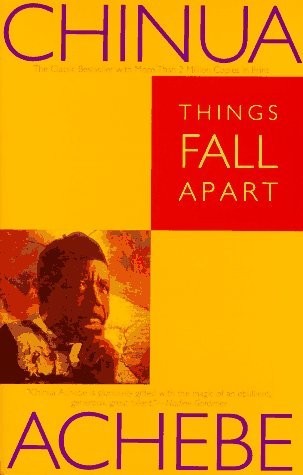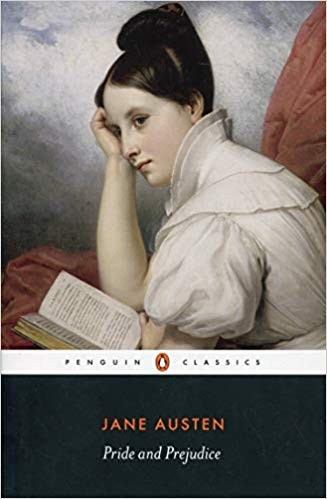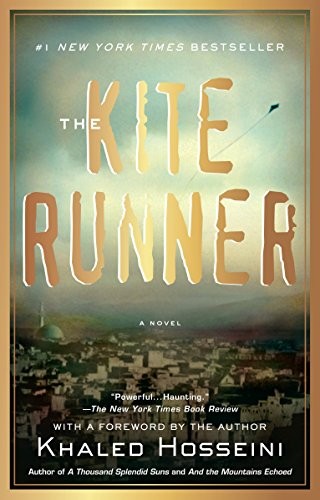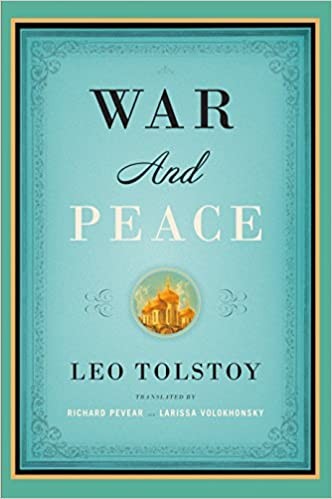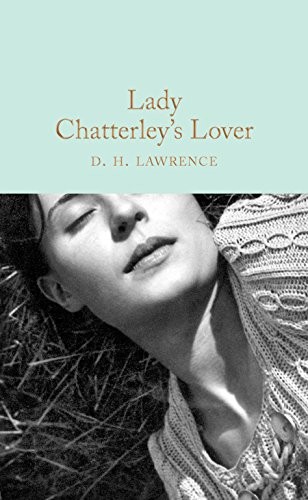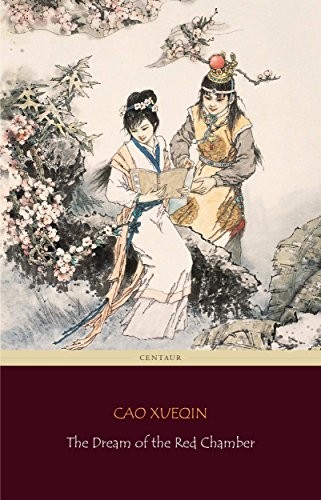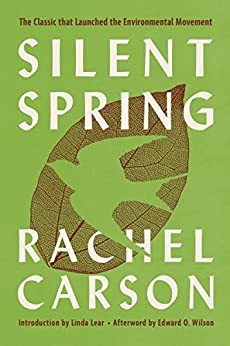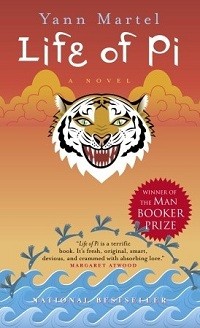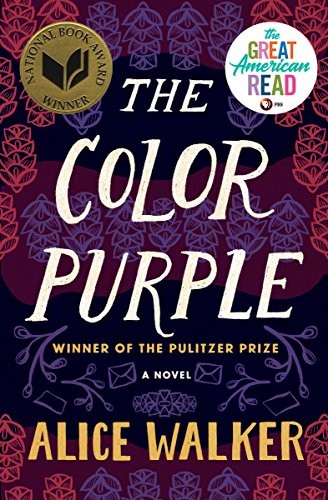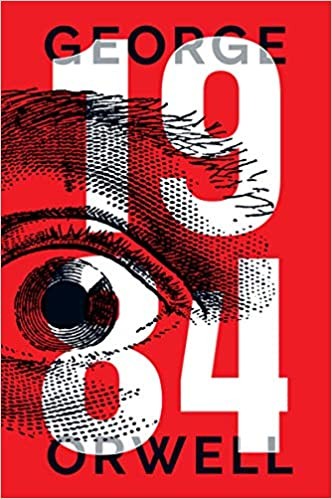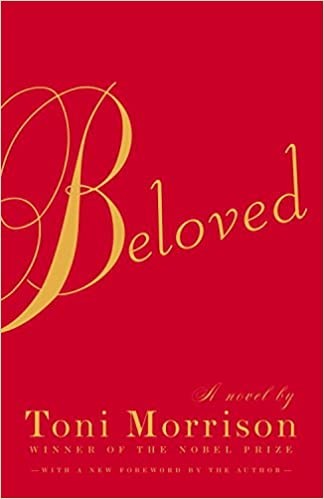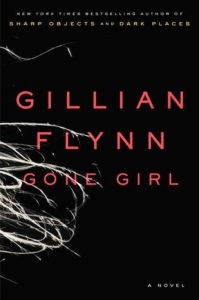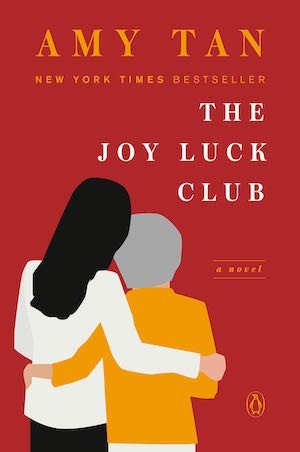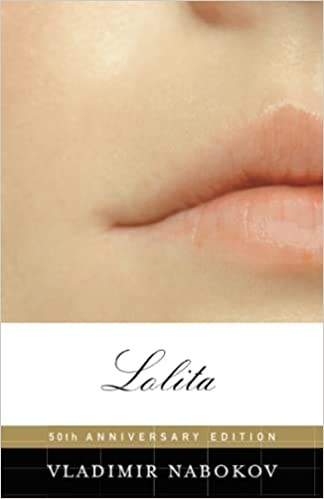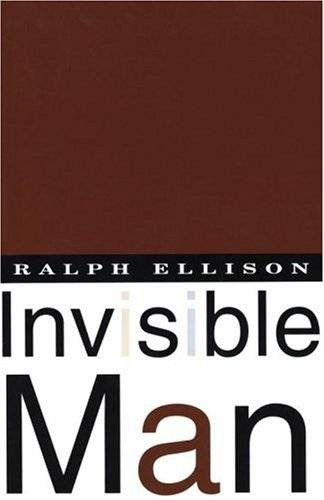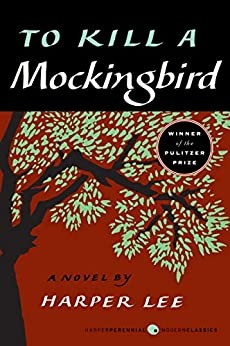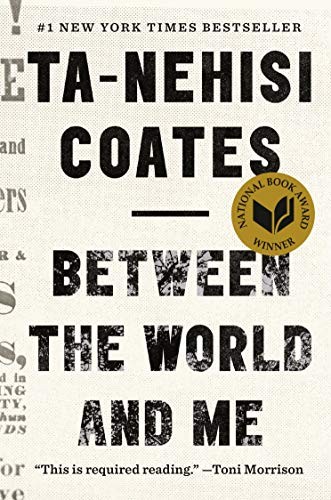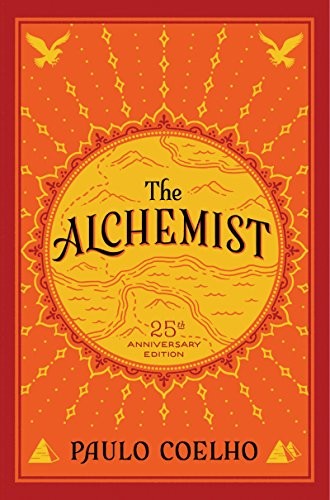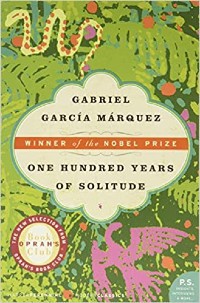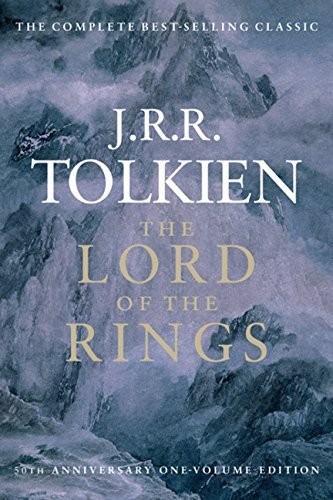It’s fascinating to ponder how certain books become ingrained in our collective consciousness, familiar even to those who may not have turned their pages. The phenomenon is intriguing – what makes a book transcend its literary boundaries and enter the realm of cultural icons? Is it the impact they have on our shared cultural narrative or the controversies surrounding them that spark debate and discussion?
While it’s true that these books are widely recognized, their popularity doesn’t necessarily translate to widespread adoration. In fact, some may be infamous for all the wrong reasons. To avoid perpetuating problematic authors or works, I’ve deliberately omitted a few from this list. Instead, I’ve focused on titles that have achieved cultural significance through their controversy, Oprah’s book club selections, or simply because they’ve been forced upon us in school.
Some may have sparked heated discussions about their merit or meaning, while others have become synonymous with a particular era or movement. Of course, there are many more notable books than I can account for here, so don’t come knocking if your favorite (or most hated) book isn’t featured on this list. Here are over 20 of the most famous books of all time – how many have you had the pleasure of reading?
The Most Famous Books of All Time
Things Fall Apart by Chinua Achebe
The story of an Igbo warrior battling to safeguard his people’s cultural heritage against the backdrop of British colonialism has become a global phenomenon and bestseller. As part of Achebe’s acclaimed trilogy, this novel chronicles the experiences of three generations within a single Nigerian community.
Achebe’s remarkable work not only earned him the Nigerian National Merit Award and the Man Booker International Prize for lifetime achievement but also cemented his legacy as a master storyteller. With over 20 million copies sold worldwide and translated into an astonishing 57 languages, this novel has become an unparalleled tribute to the African experience, offering a profound glimpse into the rich cultural tapestry of the continent.
Pride and Prejudice by Jane Austen
It’s a peculiar phenomenon that many nerds, including myself, begin an analysis of Jane Austen’s Pride and Prejudice with the iconic opening sentence. The novel, which forms part of Austen’s modest but enduring literary legacy, tells the story of the Bennet sisters and their mother’s relentless efforts to secure their futures through marriage. Notwithstanding the significant social changes that have occurred since the book’s publication, its core themes remain surprisingly relatable.
As stubborn, headstrong, and perhaps slightly foolish women, we’re all too familiar with dealing with men who believe they’re intellectually superior to us. Moreover, Austen’s masterpiece has given rise to a plethora of film, television, and stage adaptations, retellings, and reimaginings, cementing its status as an enduring cultural touchstone.
The Kite Runner by Khaled Hosseini
The debut novel by Hosseini delves into intricate relationships, guilt, and redemption set against the tumultuous backdrop of Afghanistan’s monarchy downfall. This bestseller captivated book clubs for over two years, but its time on the coveted New York Times list was marred by controversy.
The book’s depiction of sexual assault sparked challenges, while many Afghan Americans and Afghans worldwide took issue with the novel’s negative portrayal of their homeland, sparking a nuanced conversation about cultural representation.
War and Peace by Leo Tolstoy
Despite not being familiar with the plot, I can confidently say that War and Peace is an iconic novel that has sparked debate among readers and scholars alike. Spanning multiple genres, including fiction, history, and philosophy, it’s set against the backdrop of the Napoleonic Wars. As one of the most celebrated works in Russian literature, opinions on its merits and genre have been fiercely contested for over a century.
This ambiguity only adds to the book’s mystique, leaving readers wondering what secrets lie within its pages.
Lady Chatterley’s Lover by D.H. Lawrence
The provocative nature of D. H. Lawrence’s novel cannot be overstated. The author’s unapologetic depiction of a woman’s sexual awakening was met with widespread outrage upon its release. The explicit descriptions of intimacy, coupled with the unconventional social dynamics between the protagonist and her working-class lover, sent shockwaves through literary circles.
The ensuing obscenity trials in countries such as the United States, Britain, Japan, Australia, Canada, and India only served to further fuel the controversy surrounding the novel. Despite the initial reluctance of mainstream publishers to touch the book, private and pirated editions circulated widely, ensuring that Lawrence’s provocative work continued to spread its influence, albeit illicitly.
The Dream of the Red Chamber by Cao Xueqin
The Dream of the Red Chamber, one of the oldest and longest novels in existence, boasts a rich history that offers a unique glimpse into Chinese society during the 1700s. Written by an anonymous author whose family held significant influence within the Qing dynasty, this masterpiece is considered one of the Four Masterworks of Chinese literature.
What’s more fascinating is that the original manuscript was circulated in handwritten form by Cao Xueqin, the novel’s creator, without formal publication. This led to the emergence of edited versions, many of which were published without his consent. These rogue interpretations not only provide insight into the author’s perceptions but also add a layer of intrigue to the story, making it an even more captivating read from a historical perspective.
Silent Spring by Rachel Carson
Carson’s Silent Spring is a seminal work that had far-reaching consequences for the environment. This book chronicles her years-long research into environmental issues and presents a stark critique of chemical companies’ practices. The impact was profound, leading to significant changes in U. S. laws regulating pesticides and influencing public opinion in ways that sparked a national conversation.
As a result, Silent Spring played a pivotal role in the establishment of the Environmental Protection Agency, cementing its place as one of the most influential nonfiction books of the 20th century.
Life of Pi by Yann Martel
The impact of a book’s adaptation into a movie can be significant, as seen with the success of Yann Martel’s ‘Life of Pi’ in 2001 and Ang Lee’s film adaptation in 2012. Both the book and the film received widespread critical acclaim and numerous awards. More profoundly, this story challenges readers to consider the nature of reality. The novel raises intriguing questions about survival – how did a young boy endure 227 days at sea?
Moreover, it prompts reflection on the boundaries between allegory and truth. It’s undeniable that ‘Life of Pi’ will linger in your thoughts long after you finish reading it, leaving a lasting impression.
The Color Purple by Alice Walker
As many Black individuals from my generation can attest, The Color Purple has been an integral part of our collective cultural experience. Its cinematic adaptation was a staple of my childhood, with its powerful themes and poignant storytelling leaving a lasting impact. Despite the difficulties it tackles, the novel holds a unique significance in my heart.
Reading it for the first time was nothing short of breathtaking, as I discovered why it has won numerous accolades, including the Pulitzer Prize, and been adapted into various forms of media. In fact, BBC News recognized its influence by including it on their list of the 100 most influential novels. With a remake starring Fantasia set to release in 2023, The Color Purple continues to captivate audiences anew, ensuring its enduring legacy.
1984 by George Orwell
1984, another iconic dystopian novel, shares a similar status with Brave New World as a timeless classic that has left an indelible mark on literature. While Huxley’s work presents a manufactured pseudo-utopia, Orwell’s masterpiece is set in a world where every aspect of life is meticulously controlled and monitored. This influence extends far beyond the literary world, with its cultural impact being felt across many spheres.
Perhaps most notably, 1984 is responsible for popularizing the phrase ‘big brother’, which has become synonymous with all-encompassing surveillance.
Beloved by Toni Morrison
The legacy of Beloved, Toni Morrison’s most celebrated novel, remains deeply ingrained in our collective consciousness, largely due to its unflinching portrayal of filicide. This haunting tale is an unyielding exploration of the atrocities of slavery and the devastating impact of intergenerational trauma. While a challenging yet captivating read, it has garnered widespread acclaim, including the Pulitzer Prize for Fiction, been adapted into a film, and faced numerous bans.
Gone Girl by Gillian Flynn
I wavered between ‘The Girl on the Train’ by Paula Hawkins and Gillian Flynn’s iconic novel, weighing their similarities in notoriety and plot complexity. Ultimately, I opted for this latter choice because its unsettling aftermath left me so deeply unsettled that I hastened my husband to read it alongside me, craving a like-minded conversation partner. ‘Gone Girl’ presents a haunting portrayal of a privileged white woman’s psyche, one shaped by her perceived lack of life’s rewards.
Flynn’s masterful storytelling, coupled with the unreliable narrator and the novel’s show-stopping twist, sent shockwaves throughout the literary world. The movie adaptation, starring Rosamund Pike and Ben Affleck, did justice to the book’s dark allure.
The Joy Luck Club By Amy Tan
The story of four Chinese immigrant mothers and their American-born daughters is a powerful narrative that has been adapted into a movie and has become a beloved book club choice. The collection of 16 interconnected stories explores the intricate relationships between these women, delving deep into their complexities as characters.
However, some critics argue that its enduring popularity stems from its perpetuation of Asian stereotypes and negative portrayals of Asian cultures, raising concerns about cultural representation in media. On the other hand, the well-crafted female protagonists and the nuanced exploration of mother-daughter dynamics continue to captivate readers, underscoring the importance of these relationships in our understanding of human experience.
Lolita by Vladimir Nabokov
The enigmatic novel Lolita has sparked controversy for decades, its protagonist’s obsession with prepubescent girls leaving readers grappling with moral ambiguities. Professor Humbert Humbert’s philosophical musings on his fixation only add to the complexity, as scholars and critics dissect the work’s themes and symbolism. However, I found myself more affected by the graphic depiction of abuse rather than any deeper meaning.
Perhaps Nabokov intended for this discomfort to prompt introspection into the dark recesses of Humbert’s twisted psyche, but for me, it was a jarring reminder of the harm he inflicts on his stepdaughter.
Invisible Man by Ralph Ellison
Invisible Man by Ralph Ellison is a seminal work that complements other iconic Black classics like Incidents in the Life of a Slave Girl, The Souls of Black Folks, and Up From Slavery. This novel offers a unique perspective on the African American experience, delving into the intricate dynamics of identity, belonging, and social struggles that persist even today.
Through the enigmatic protagonist’s journey, Ellison masterfully conveys the dual nature of Black existence in America – both invisible to societal recognition and hyper-visible through systemic oppression.
To Kill a Mockingbird by Harper Lee
A rare individual indeed, you are not among those who had to read this Pulitzer Prize-winning novel in school as part of their English curriculum. Instead, To Kill a Mockingbird has become synonymous with required high school reading, its themes of innocence and racism resonating deeply through the eyes of its young, precocious protagonist.
The novel’s impact extends far beyond the classroom, having been adapted into several films (including an excellent original) and stage productions, as well as sparking a long-standing national conversation that continues to evolve.
Between the World and Me by Ta-Nehisi Coates
In Between the World and Me, Coates pens an acclaimed epistolary novel that serves as a heartfelt letter to his son. Through this introspective narrative, he shares his own life story and profound insights into what it means to be Black in America. This thought-provoking work has had a significant impact, topping bestseller lists and earning the prestigious National Book Award. It’s also been hailed as one of the greatest books of the 21st century.
Despite its widespread acclaim, Between the World and Me has recently found itself at the center of a national controversy after being banned in South Carolina – a move that is just one example of the concerning trend of censorship driven by bigotry that’s sweeping across the United States.
The Alchemist by Paulo Coelho
With its global appeal, Paulo Coelho’s international bestseller, published in 1987, has captured the hearts of millions. Translated into over 80 languages, this allegorical masterpiece has been a timeless favorite among readers worldwide. Its profound message of hope and perseverance has stood the test of time, with sales exceeding 80 million copies globally.
One Hundred Years of Solitude by Gabriel García Márquez
Without a doubt, any compilation of the most renowned literary masterpieces would be remiss to exclude this 1967 timeless gem. Having sold an astonishing 50 million copies and been translated into a staggering 47 languages, Gabriel García Márquez’s One Hundred Years of Solitude is widely regarded as one of the most exceptional works of literature of the modern era, with its unique blend of magical realism earning it a place among the greatest literary achievements of the last century.
Moreover, this literary masterpiece earned García Márquez the prestigious Nobel Prize for Literature, further solidifying its status as a landmark of 20th-century writing.
The Lord of the Rings by J.R.R. Tolkien
This timeless classic, published in 1937, is the highly acclaimed sequel to The Hobbit. Tolkien’s masterpiece has become a quintessential high fantasy epic, cherished by many for its exceptional worldbuilding and diverse cast of characters and creatures. The Peter Jackson-directed movie adaptations have further cemented the book’s widespread popularity, making it impossible not to know about hobbits, Gollum, and those mesmerizing giant fiery eyes.
Whether you’re a seasoned reader or just discovering the world of fantasy, there’s something for everyone in this unforgettable tale.
